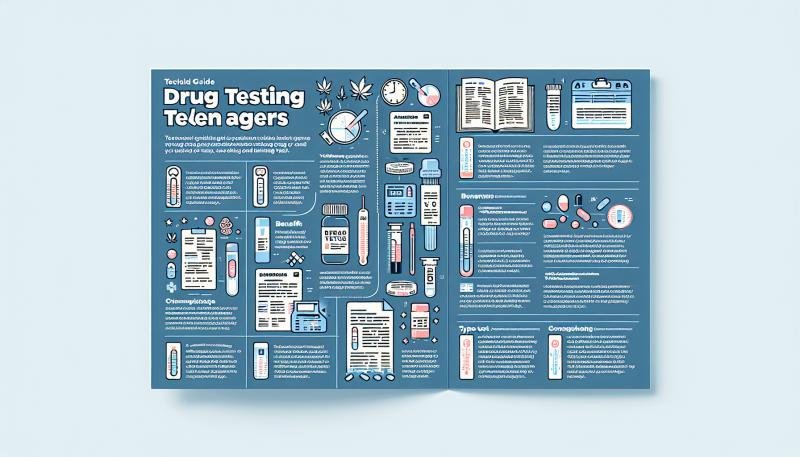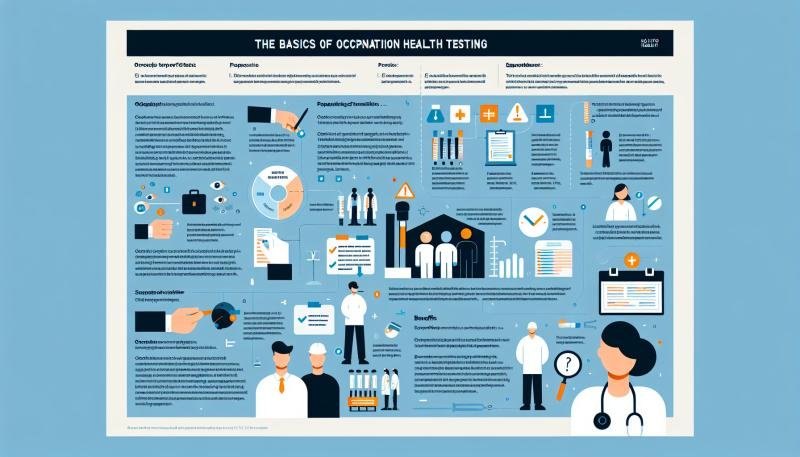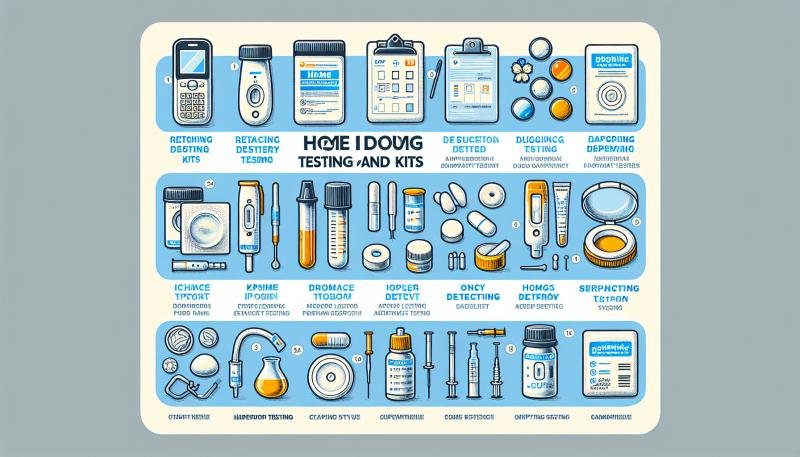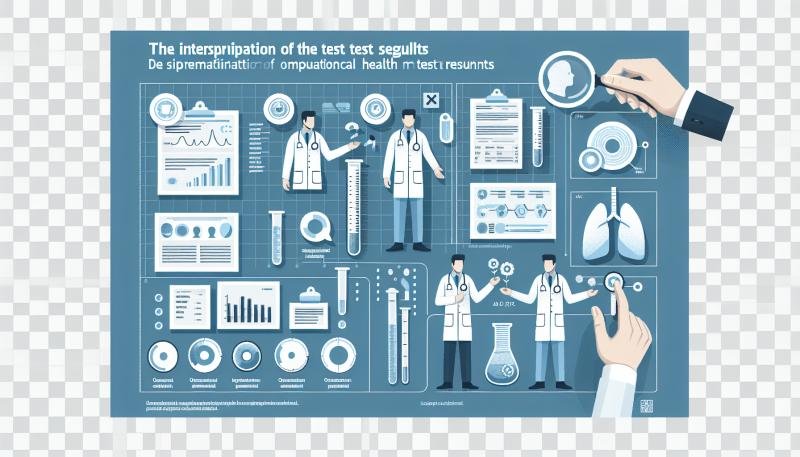Post-Incident DNA Testing: How It Works and When It’s Required
In moments of uncertainty following a significant event, individuals often seek reliable answers—especially when faced with legal, familial, or personal questions. One of the most accurate and science-backed solutions is post-incident DNA testing. Whether it’s determining parentage, resolving a legal dispute, or identifying someone in a criminal investigation, DNA testing offers clarity when it’s needed most. This guide explores how post-incident DNA testing works, its common applications, and when it becomes essential. What Is Post-Incident DNA Testing? Post-incident DNA testing is the process of collecting and analyzing genetic material after a specific event or situation. It helps identify or verify biological relationships, presence at a scene, or identity—making it a powerful tool in both personal and legal contexts. With advancements in genetic technology, these tests now offer results with over 99% accuracy. How the DNA Testing Process Works Common Applications of Post-Incident DNA Testing When Is Post-Incident DNA Testing Required? DNA testing may be requested or required in the following situations: Benefits of Post-Incident DNA Testing Choosing the Right DNA Testing Provider Accuracy, confidentiality, and compliance are critical when choosing a DNA testing service. Trusted providers like IMS Screening Solutions offer professional testing services with clear reports and reliable legal support. Their team ensures that the process is smooth, secure, and meets all court-admissible standards. Conclusion Post-incident DNA testing offers peace of mind in some of life’s most complex situations. Whether you’re dealing with a legal case, a family question, or a forensic investigation, DNA testing delivers the scientific certainty needed to move forward with confidence. By understanding the process and working with a reputable provider, you can turn uncertainty into clarity—and make decisions grounded in truth.








